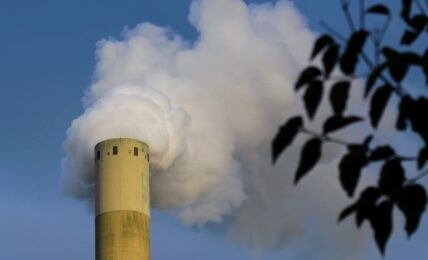The Lufthansa Group announced today the introduction of a new Environmental Cost Surcharge to its fares, passing the cost associated with meeting growing environmental regulations on to customers.
The surcharge applies to all flights sold and operated by the Lufthansa Group departing from the 27 EU countries as well as the UK, Norway and Switzerland from January 1, 2025 and booked from June 26, 2024. The surcharge amount is between €1 and €72 depending on the flight route and fare.
According to Lufthansa, the new surcharge comes in response to the increased cost of meeting environmental regulations, specifically noting new EU requirements to utilize sustainable aviation fuel (SAF) for flights, and adjustments to the EU Emissions Trading System (EU ETS), as well as costs such as the Carbon Offsetting and Reduction Scheme for International Aviation (CORSIA).
In October 2023, the EU adopted the “ReFuelEU aviation” law, aimed at increasing both the demand and supply of sustainable aviation fuel, with rules including minimum blends of SAF for fuel suppliers, as well as requirements for aircraft operators and airports. The new rules will require a minimum share of SAF at EU airports, starting a 2% in 2025, and increasing over time to reach 70% by 2050, as well as a minimum share of synthetic fuels starting in 2030 and also increasing through 2050.
The EU also announced adjustments to the EU Emissions Trading System (EU ETS) in 2023, which puts a price on carbon emissions for key GHG intensive sectors, including aviation, significantly increasing the ambition of the ETS with sharper emissions reduction requirements, and phasing out free allowances to the aviation sector that allow airlines to avoid paying for carbon emissions on intra-European flights, as well as flights departing flights to the UK and Switzerland.
Under CORSIA, the International Civil Aviation Organization (ICAO) agreed in 2016 to offset growth-related CO2 emissions in international aviation through the purchase of certificates, for industry emissions over a baseline of 85% of 2019 emissions.
Lufthansa has set a target to achieve a neutral CO2 balance by 2050, and an ambition to halve its net CO2 emissions by 2030, compared to 2019. The company said is focusing in particular on accelerated fleet modernization, the continuous optimization of flight operations, the use of SAF, and offers for private travelers and corporate customers to make air travel or the transport of freight more sustainable.


